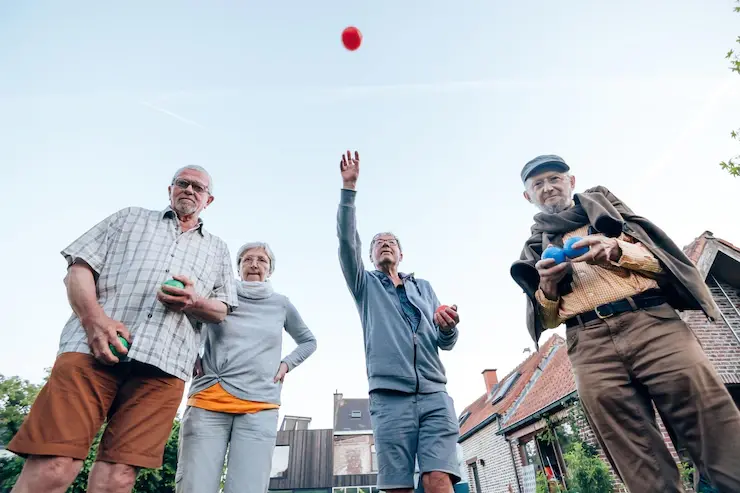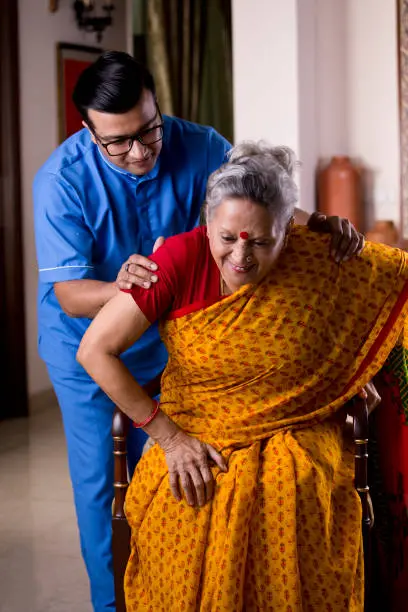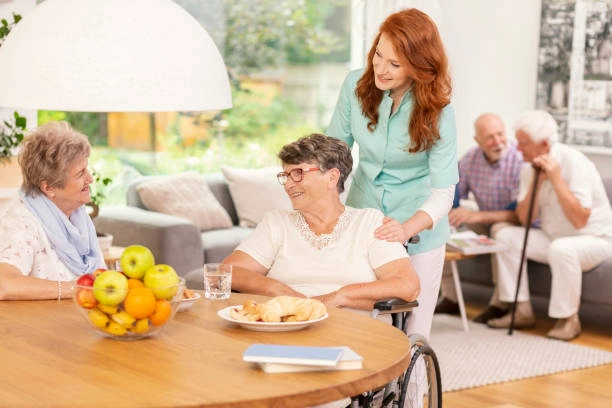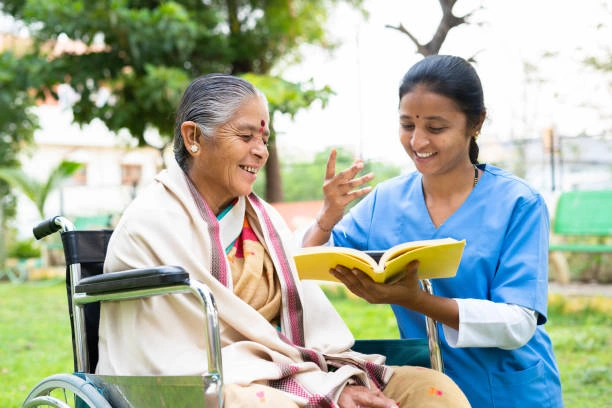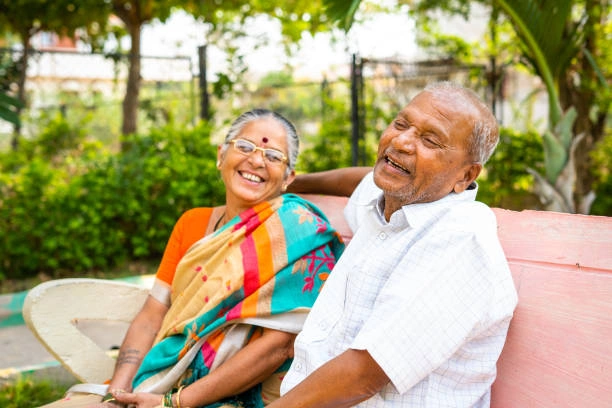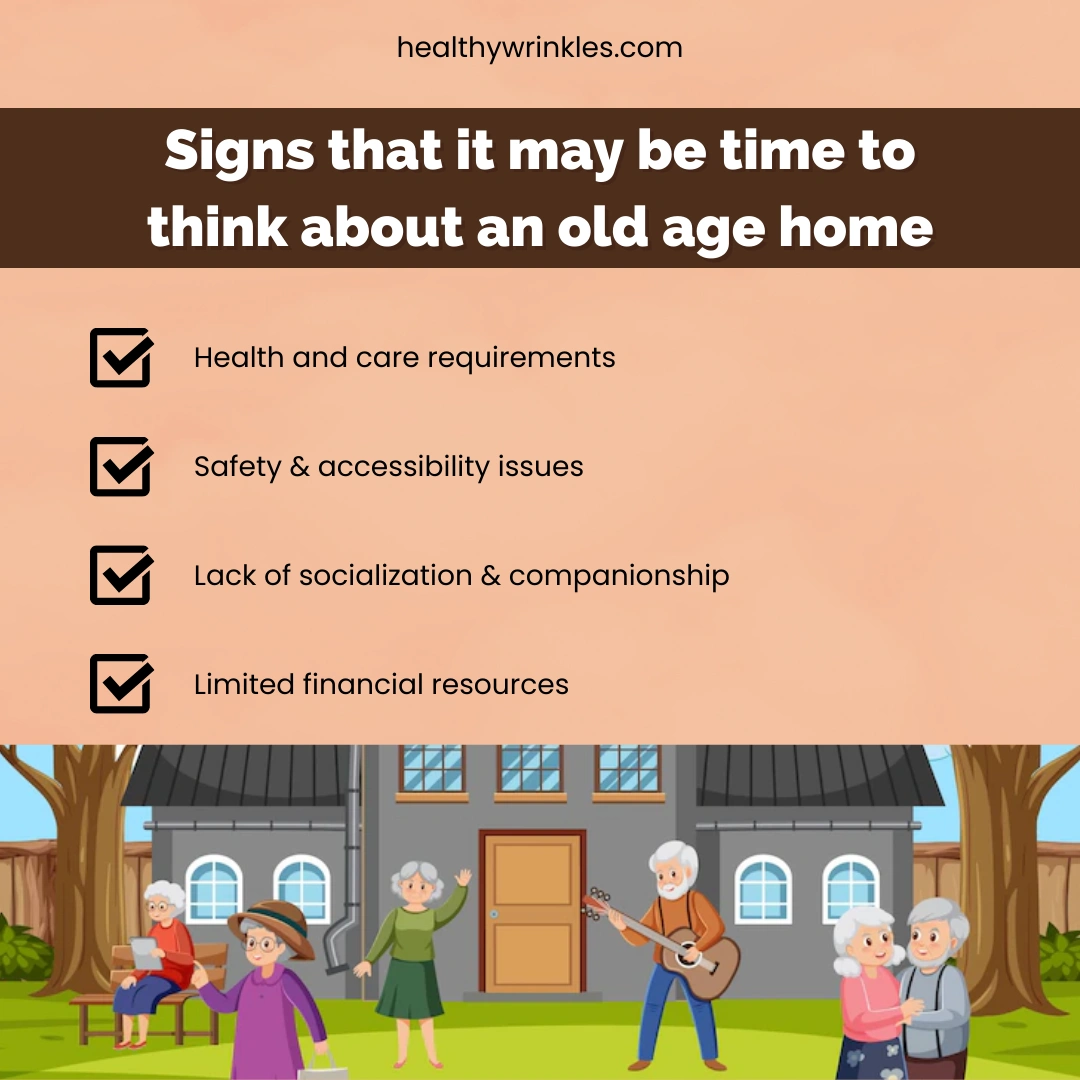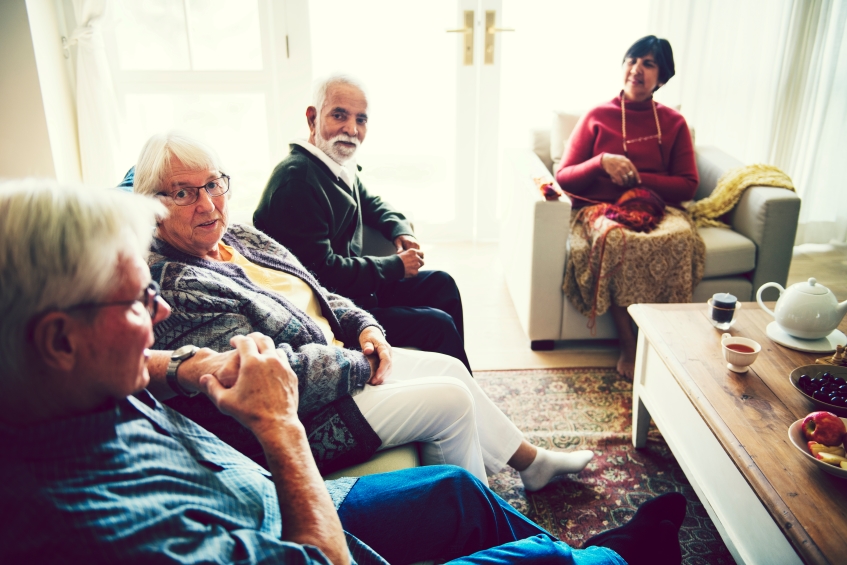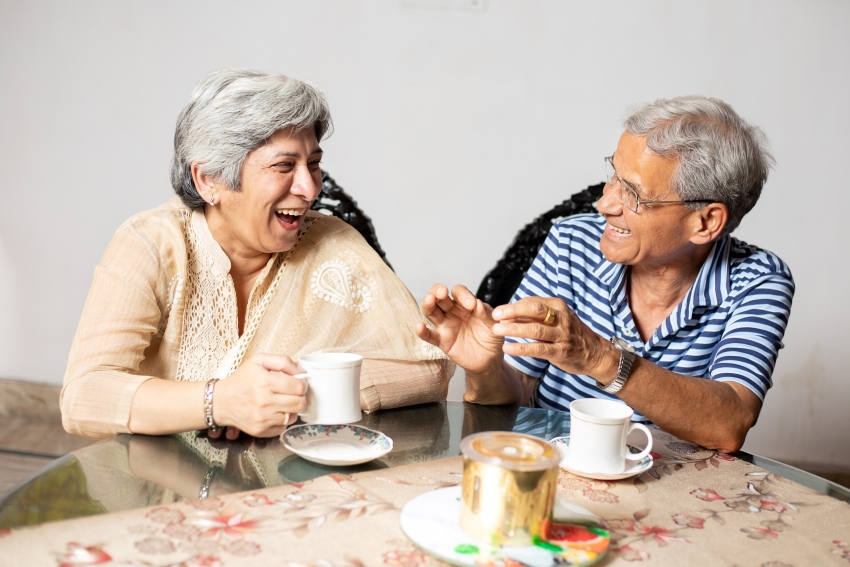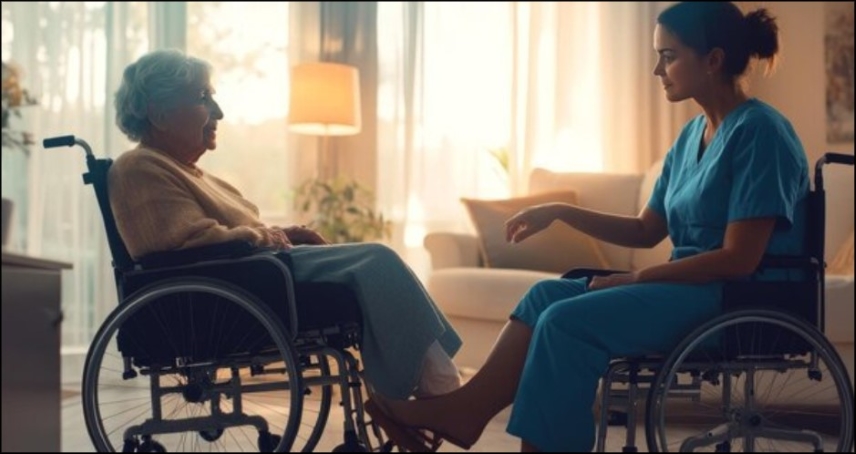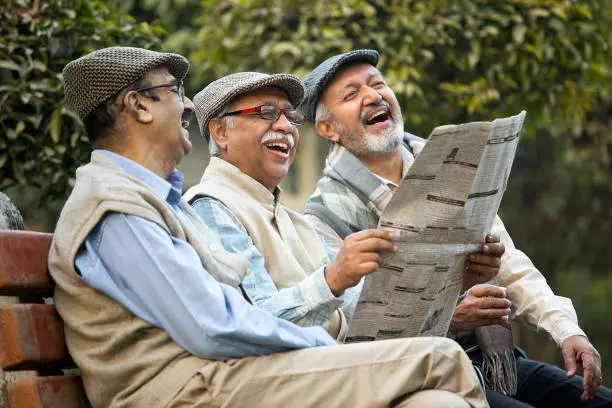The Importance of Socialization in Old Age Homes
27-09-24
As individuals grow old, socialization becomes an essential component of their well-being. In old age homes, socialization plays a crucial role in improving the residents' quality of life. Socialization refers to the process of interacting and communicating with others, which enables individuals to maintain social bonds and connections. This article will discuss the importance of socialization in old age homes, highlighting its benefits and ways to promote socialization.
Socialization in old age homes is essential as it helps residents combat loneliness, isolation, and depression. As people age, they are at a higher risk of experiencing loneliness and social isolation due to factors such as decreased mobility, loss of friends and family members, and a reduced ability to engage in social activities. Social isolation and loneliness can have severe consequences on an older person's physical and mental health, leading to conditions such as depression and anxiety. Therefore, socialization helps to improve residents' emotional and psychological well-being, reducing their risk of developing such conditions. Watch mind care for elderly from Dr. Nasreen Rustomfram.
Moreover, socialization provides residents with opportunities to engage in various activities, making their daily lives more enjoyable and fulfilling. Old-age homes offer various social activities such as games, music, and arts and crafts, which enable residents to interact with others and participate in shared activities. Socialization in old age homes also provides opportunities for residents to share their experiences and stories, which can be therapeutic for them. These activities help to maintain cognitive functions, improve memory retention, and promote better physical health.
To promote socialization in old age homes, various strategies can be implemented. For instance, staff members can organize group activities that cater to residents' interests and abilities. These activities can range from simple games to more complex tasks such as gardening, painting, or woodworking. The activities should also be varied and diverse, allowing residents to explore different interests and hobbies. Additionally, staff members can encourage residents to participate in group activities and facilitate interactions between residents.
Furthermore, family and friends of the residents can play a crucial role in promoting socialization in old age homes. They can visit their loved ones regularly, spend time with them, and participate in activities with them. Family members and friends can also arrange for outings and trips with the residents, providing them with opportunities to explore new environments and socialize with others.
In conclusion, socialization is essential for residents in old age homes as it provides them with numerous benefits. It improves their emotional and psychological well-being, reduces the risk of developing mental health conditions, and makes their daily lives more enjoyable and fulfilling. Therefore, promoting socialization in old age homes is crucial, and strategies such as organizing group activities and encouraging interactions between residents can be implemented. Family and friends of the residents can also play a vital role in promoting socialization by spending time with their loved ones and arranging outings and trips. By prioritizing socialization in old age homes, we can ensure that older adults enjoy a fulfilling and meaningful life.








